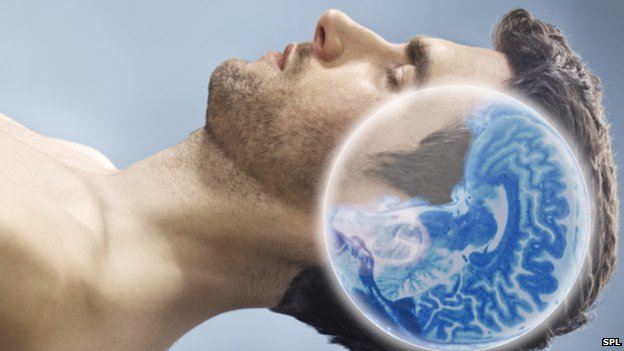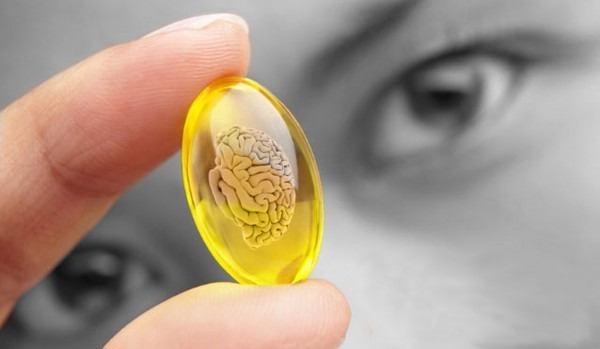Posts Tagged ‘sleep’
Study: Brief sleep intervention provides enduring benefits to children with ADHD
Sleep problems are common in children with ADHD, are more persistent than in the general population, and often exacerbate difficulties associated with ADHD. For example, poor sleep can enhance difficulties with attention and concentration that most youth with ADHD experience. Research has shown that brief sleep interventions can improve sleep in youth without ADHD who…
Read MoreStudy: Only 5% of US children ages 8–11 follow screen time, sleep and exercise guidelines recommended for brain development
___ Limiting children’s screen time linked to better cognition, study says (CNN): “Limiting kids’ recreational screen time to less than two hours a day, along with sufficient sleep and physical activity, is associated with improved cognition, according to a study published in The Lancet Child & Adolescent Health. The study included about 4,500 US children…
Read MoreOn neuroplasticity, psychedelics, forest bathing, drinking, sleep and more: The Month in Review
___ Dear reader, It’s time for SharpBrains monthly e‑newsletter exploring the latest thinking, science and tools for lifelong brain health and mental well-being. Enjoy! New research: Psychedelics can promote neural plasticity in the prefrontal cortex and expand pathways for mental health Drinking up to 5–8 glasses of wine or beer a week not seen to increase dementia…
Read MoreTrend: Growing research on the relationship between sleep and Alzheimer’s Disease
___ The brain may clean out Alzheimer’s plaques during sleep (ScienceNews): “Bendlin’s studies are part of a modest but growing body of research suggesting that a sleep-deprived brain might be more vulnerable to Alzheimer’s disease. In animal studies, levels of plaque-forming A‑beta plummet during sleep. Other research suggests that a snoozing brain runs the “clean…
Read MoreUpdate: 200 common prescription medications increase depression risk
___ Dear reader, Time for SharpBrains e‑newsletter. It’s been a busy month, once again bringing to the forefront the limitations of our current healthcare system and, on the positive side, the growing opportunities to improve Brain Health and Mental Health for all, if we pay attention to (and act on) latest research, thinking and tools. New…
Read MoreTop Resources for Educators on Learning and the Brain
_____ In my previous post 10 Brain Training Tips To Teach and Learn I promised to share some of the resources–books, conferences, and websites– that inform my understanding of teaching, learning and the brain. Here’s an updated list:
Read More




